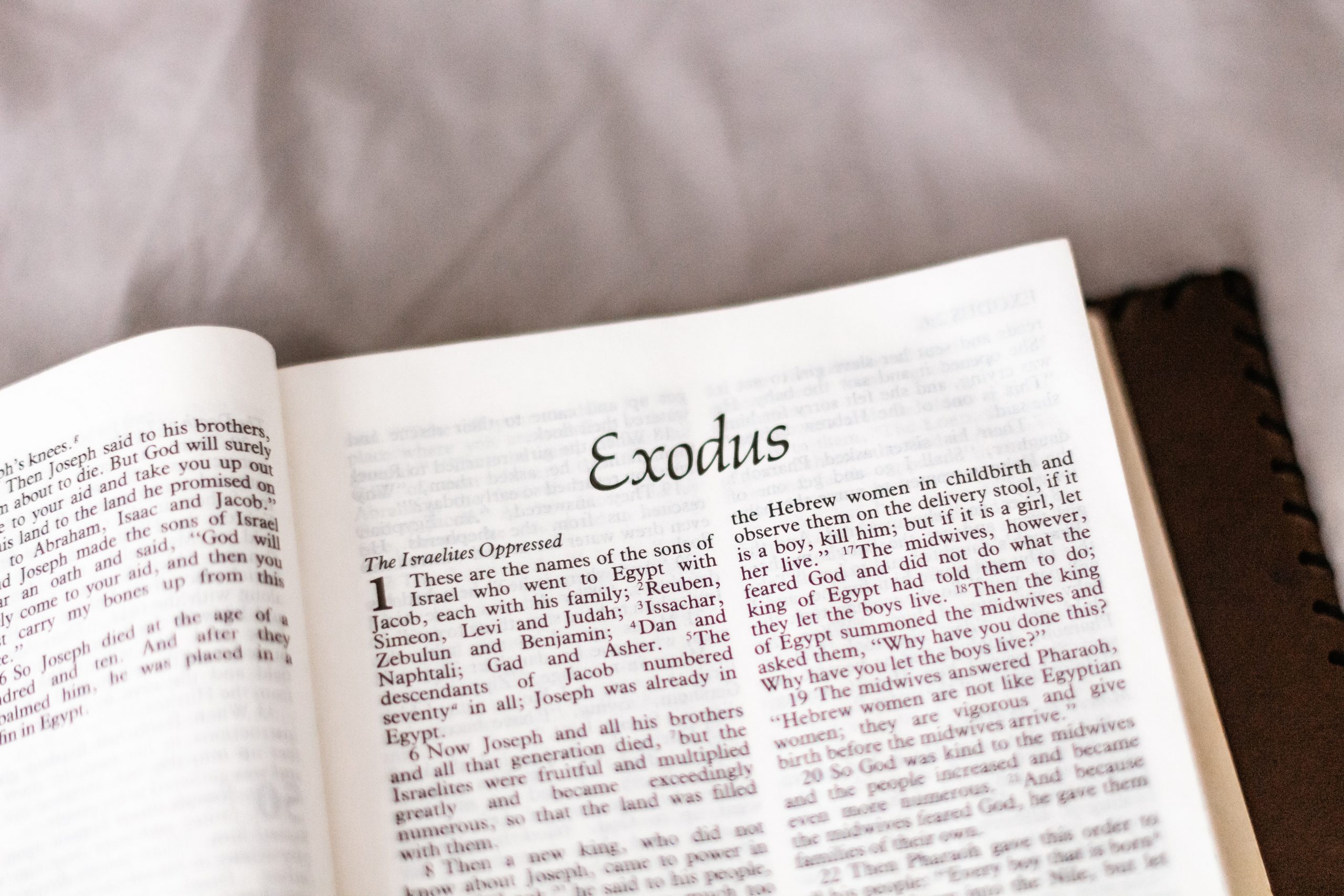The Old Testament reveals how God initiated a relationship with man, provided laws to show His holiness, and made covenantal promises to the patriarchs to magnify His faithfulness.
Genesis 12:1-3 underscores the point that it is God who establishes and fulfills His promises. God’s commitment to Abram not only communicates His desire to be in a relationship with him but also His intent to bless him. In Genesis 15, God assured Abram that his descendants will be numerous as the stars in heaven despite his old age (Gen. 15:5). It is important to note that when God made a covenant with Abraham, His desire was not just to bless him and his descendants but the nations as well. Indeed, Abraham was blessed to be a blessing (Gen. 12:2-3). Dr. Crouse notes, “Israel is not called for themselves but they were entrusted with the oracles of God so that through them the nations would be blessed.”
The connection of Exodus and Leviticus can be seen in this way: in Exodus, God gave the law to establish the basis of His righteous judgment while Leviticus provides the temporal remedy through the sacrificial system. An example of this pattern is seen in Leviticus 26 where God commands His people not to make idols for themselves (26:1). The repetition of this command reveals the jealousy of God—a commitment to his honor and glory and the just condemnation of all those who stand against him. Israel can only enjoy their relationship with God and the blessings that come as a result of it when they are consecrated to Him. The list of commands found in verses 1-13 and the punishment for disobedience in verses 14-39 reveal a pattern that is also seen in Exodus. God gave laws to show His standard for righteousness and followed it up with consequences for disobedience. Crouse states, “God sets a pattern for salvation and does not depart from it.” Knowing that Israel would violate these laws, God provided a way by which their relationship with Him can be restored (Lev. 26:40-42). This displays God’s mercy once again and is a reminder that no matter how undeserving Israel is, God will preserve His relationship with them because of the covenant He made with the patriarchs.
In Deuteronomy 26:15, Moses asked for God’s blessing to be upon His people and the land He swore to their fathers. This implies that God’s relationship with them and the land that He gave them is based on the covenantal promises to the patriarchs. And the reason why God promised a land to the patriarchs is so that His chosen people would love and worship Him for who He is and for what He has done.
Why is it important to understand what God did in the Old Testament? Crouse notes that if we don’t understand the patterns in the Old Testament, we won’t fully understand what happens when Jesus enters the scene. Hence, the Old Testament is crucial in helping us know the message and mission of Christ. When we understand what God is doing in the Old Testament it reminds us that the covenants, the sacrificial system, and prophets all point to Christ as the fulfillment of God’s redemptive plan. Moreover, this truth provides comfort in times of loss and suffering because it assures us that God is sovereign over all things and His promises to the patriarchs will one day be fully realized when Christ returns to establish God’s Kingdom on earth. Hence, Christians can look at this broken world with eyes of faith knowing they will soon live in a perfect world that’s ruled by a perfect King.

